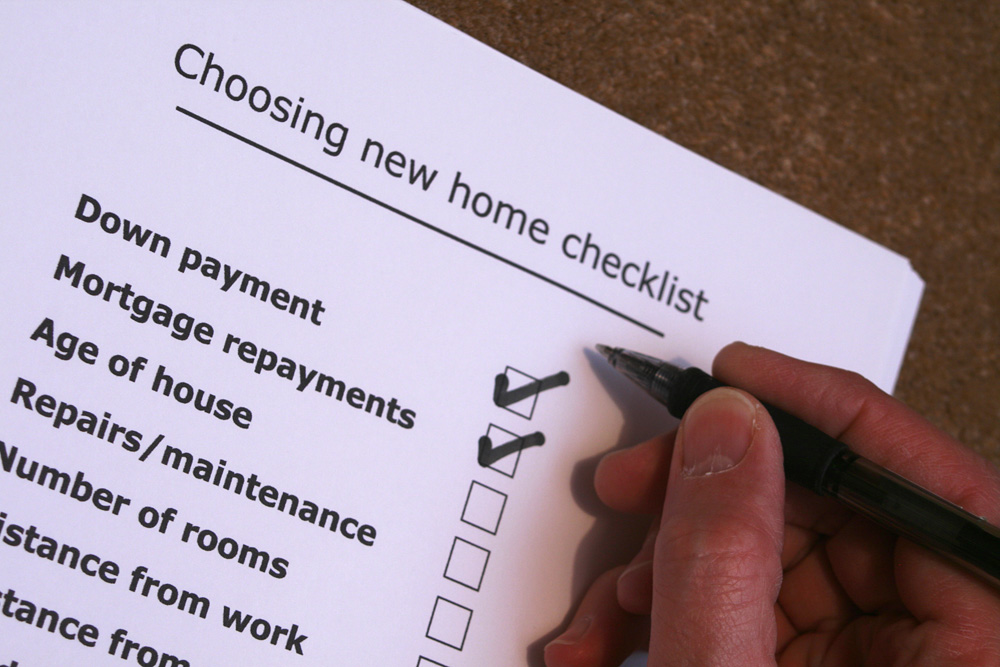Shopping for a first home is a significant milestone, one that often represents the rich reward of years of hard work and sacrifice.
Unfortunately, after displaying the patience and discipline necessary to save up that down payment, many homeowners rush headlong through the processes of house hunting and due diligence that drive successful house hunts forward, there are several critical factors that should be carefully considered before even stepping to the negotiation table and buying your first home.
Resale Value
Just because it’s your first home doesn’t mean it’s your last. Consider your choices accordingly. A home that is ideal for your current lifestyle could quickly prove unsuitable with the addition of an elderly or very young relative, and you should always work to keep your options for relocation somewhat open.
This means considering the resale value of your house from all aspects of the character of the neighborhood to the quality of the school district, as a less than preferable location, means a more limited target audience if the time should come to sell, and that could mean a much longer stay on the market.
An alternative is considering a reverse mortgage. Accumulated home equity is an asset you may not think you can easily access. However, a reverse mortgage can help you to do so without fear of increasing your monthly bills. When a reverse mortgage lender approves you for such a reverse loan the lender will give you cash based on your home’s worth. That cash will be dispensed to you on a monthly basis. You can use money from your reverse loan for any purpose necessary, and you will not receive bills each month as you would when engaged in a typical loan or mortgage agreement. You will also be able to retain ownership of your home until you no longer live at that address.
The Full Expense
As veteran homeowners know, the closing table is only the start of the expenses a home will require during a typical stay. Interest rates, local taxation, homeowners’ insurance costs, utilities, commuting and any desired home improvement or required maintenance all add significantly to the total price tag of purchasing a home. Be sure to factor in all the costs of owning a home you are considering, as simply looking at the number in the listing may not tell the full story.

Be sure to calculate the full expense of the house you are buying! Checklist image by Alan Cleaver (CC BY 2.0)
Read All Contracts
A careful review of your purchase contract could be the most important step you take during the home buying process. Thoroughly examine all terms of the agreement and be sure to consult with a mortgage broker or real estate agent regarding any terms you may be unclear about after reading the contract. Never agree to purchase a home without being perfectly clear on the terms and conditions of the purchase.
Another contract that is essential for new homebuyers to study carefully is the local homeowner’s association contract if a home being considered falls under its jurisdiction. A homeowners’ association contract can contain stringent terms that can result in harsh sanctions, and ignorance is no excuse for violating the terms of such a contract. Always review the requirements and restrictions of the local homeowner’s association to determine whether it is convenient for you to comply with their terms.
The search for a first home is undoubtedly an exciting time, but one that must be approached calmly and rationally for the best result. If you’re considering making one of the houses for sale through McGrath or any other agency your first home, considering the realities of home ownership can avoid major headaches down the line.
* The unedited Charming Door image by decar66 (CC BY 2.0)






Yes! I second the reading the contracts fully. Getting a real estate attorney would certainly be worth the few hundred $$ they would charge to ensure everything is kosher.
This is great advice and YES, be sure to read EVERYTHING. There are lots of hidden clauses.
These are good tips. And our needs really do change as time moves on. We love our house now, but I think we’re ready for something different too…without so many rooms!
Great tips! We bought our first home two years ago – what a process!
This is really great advice! And please remember to keep track of and hold onto the receipts for any major home improvements–they will help you when it comes time to sell. Ask your accountant if you are not sure what is major and what is not.
You should definitely read all contracts… You never know whats in the fine print!
I agree about looking at the whole expense. Too many people become “house poor” when they buy too much house for what they can really afford.
Love all the tips, always always always read the fine print.
These are some great tips for first time homeowners. It is a wonderful resource for them.
Thanks for this list. All the additional expenses make me so nervous. I wish there was a way to really know how much it all was going to cost.
Good advice. So important to read everything. Don’t rush.
This is wonderful advice! I was clueless about a lot of it.
The reading is the toughest part for me – the jumbo mumbo language
Great tips and reminders for those looking to buy their first home. Especially the one about reading all the documents and contracts.